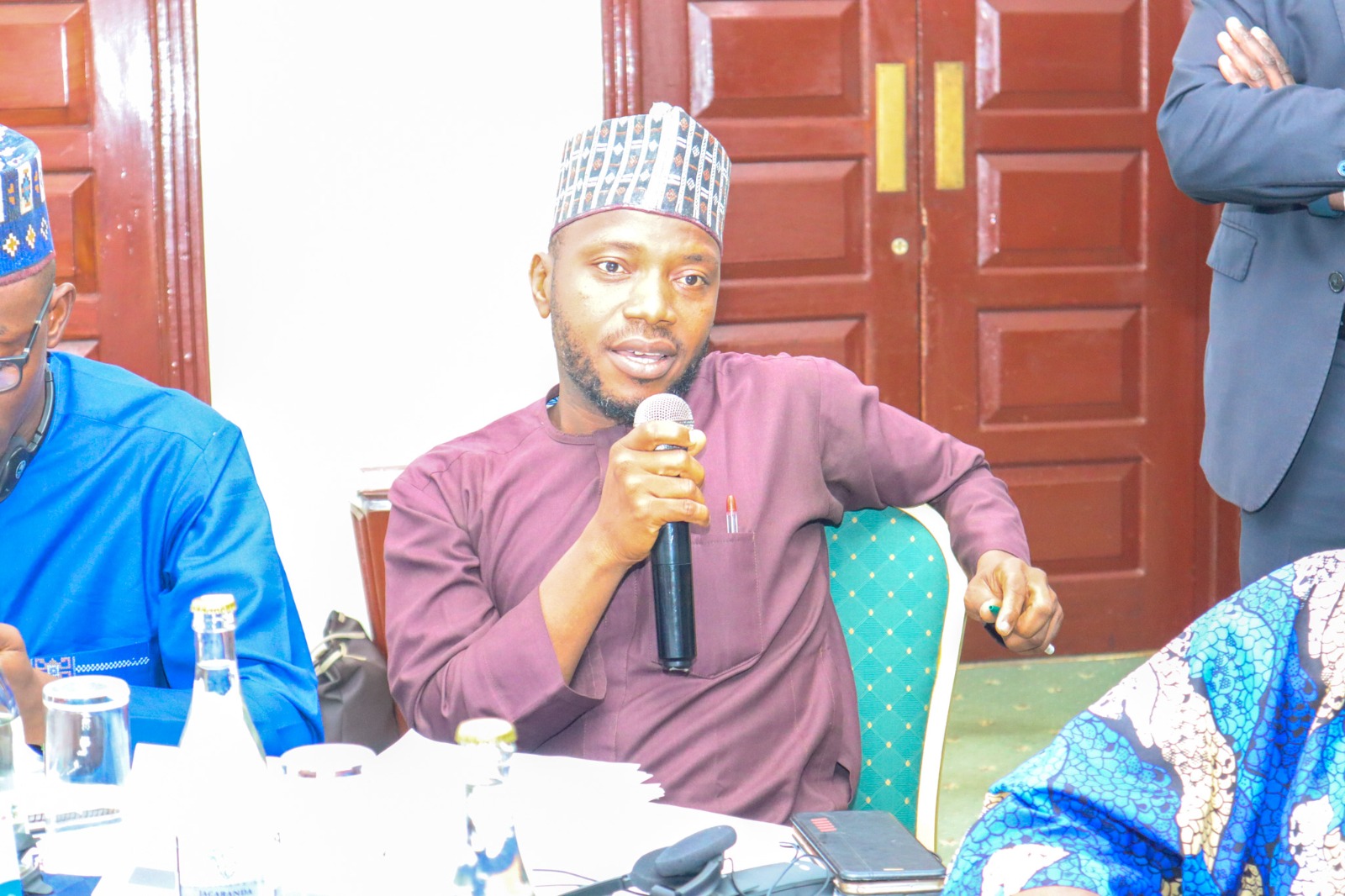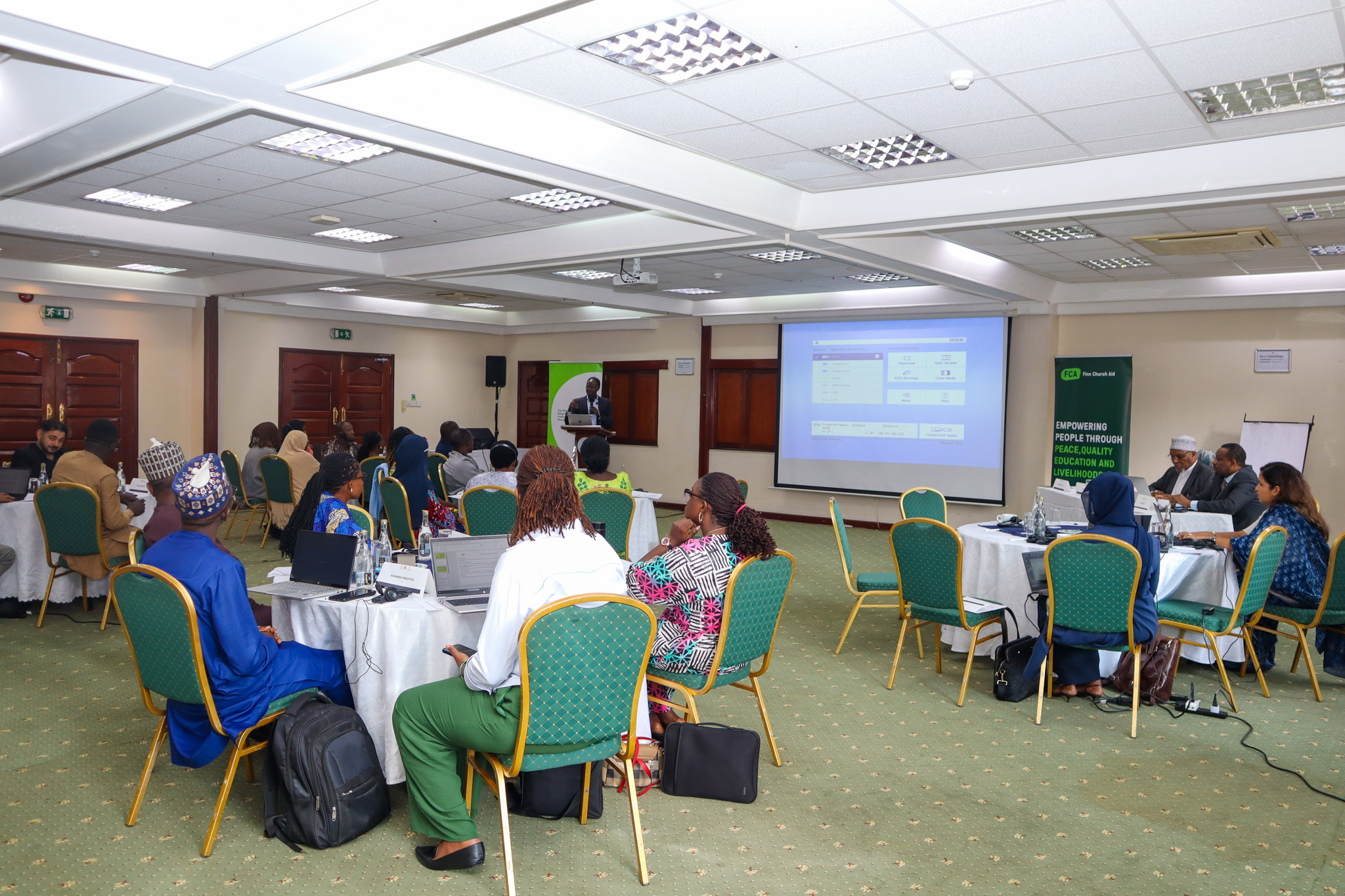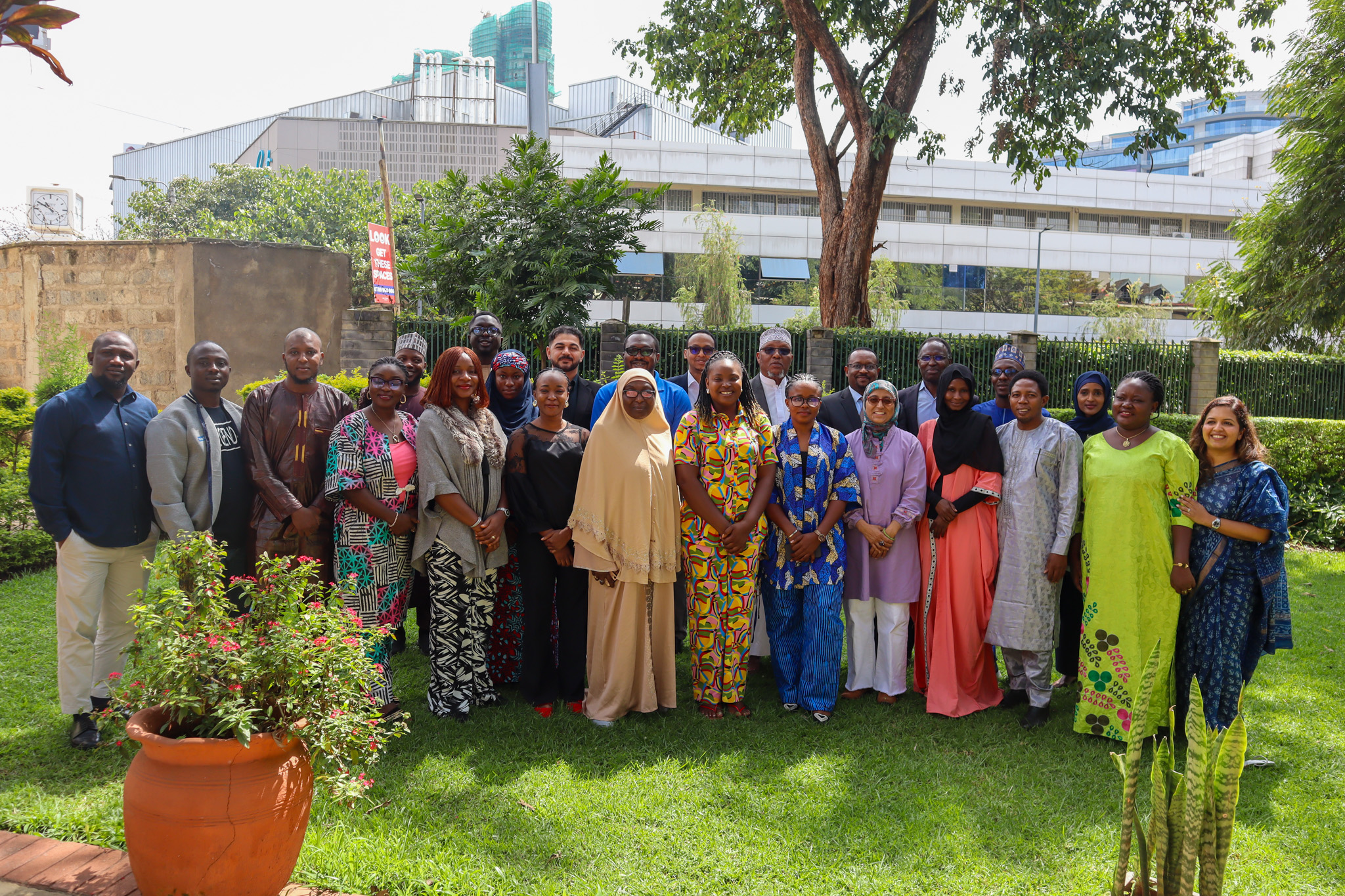Blog
Reflections on the Islam and Freedom of Religion or Belief Training
A reflection piece by Ustaz Adam Abdulrahman from the Development Initiative of West Africa (DIWA) on the Dutch-funded ‘Joint Initiative for Strategic Religious Action’ (JISRA) project training on advancing religious literacy on Islam and Freedom of Religion or Belief in Nairobi, Kenya.
Participants engaging in JISRA training, day 1. Nairobi, Kenya. 2025.
As a practitioner engaged in peacebuilding and training of religious scholars on promoting peace and countering violent extremism in Africa, participating in the recent training on Islam and Freedom of Religion or Belief (FoRB) organised by the Network for Religious and Traditional Peacemakers (NRTP) and supported by the Dutch-funded ‘Joint Initiative for Strategic Religious Action’ (JISRA) project in May 2025 was both timely and deeply enriching.
The sessions were thoughtfully structured, offering a balanced mix of theological insight, practical application, and interfaith engagement. One of the key highlights for me was the discussion on the Marrakesh Declaration, which beautifully encapsulates the Islamic foundation for religious freedom and peaceful coexistence. It reaffirmed that promoting FoRB is not just a modern agenda but one rooted deeply in the Islamic tradition.
The facilitators brought in a wealth of knowledge, using vivid metaphors and relatable examples that made complex concepts easier to grasp and apply. Their diverse experiences and perspectives enriched the learning process and challenged us to think more deeply about our roles as advocates for peace and religious freedom.
Another remarkable part of the experience was the tour of the historic Jamia Mosque in Nairobi. Beyond its architectural beauty and historical significance, the mosque stands today as a symbol of interfaith harmony. Learning how the mosque is actively used to foster interreligious understanding added a powerful real-life example of theory in action.
This training has not only enhanced my understanding of FoRB from an Islamic perspective but has also equipped me with fresh insights and practical tools to integrate into my ongoing work with religious scholars. It strengthened my resolve to continue promoting tolerance, dialogue, and peaceful coexistence in the communities I serve.
I am sincerely grateful to the organizers for the opportunity to participate in such a meaningful program. I look forward to staying engaged and contributing to future initiatives that promote peace, understanding, and religious freedom.
Group photo of participants at JISRA training in Nairobi, Kenya. 2025.

About Ustaz Adam Abdulrahman
Adam Abdulrahman is a researcher, trainer, and facilitator with the Da’wah Institute (DIN), one of the departments of the Islamic Education Trust (IET), based in Minna, Niger state, Nigeria. He specializes in countering violent extremism (CVE) through alternative narratives, critical thinking, and promoting peaceful alternative narratives grounded in Islamic ethics. He also has extensive experience in interreligious dialogue and community-based peacebuilding. Adam has delivered CVE and resilience-focused trainings to youth, clerics, educators, and civil society actors across Nigeria, particularly in conflict-prone regions. As a core facilitator for the Joint Initiative for Strategic Religious Action (JISRA), he supported efforts to enhance intra- and inter-religious cooperation for peaceful coexistence and the promotion of Freedom of Religion or Belief (FoRB). In addition to fieldwork, Adam has been featured in over 100 episodes of TV and radio programs on platforms such as Sunnah TV, Manara TV, Taswira TV, and others, where he discusses themes like peaceful coexistence, interfaith understanding, and counter-extremism. Adam holds a Higher Diploma in Islamic Studies from Zad Academy (KSA), and certificates in conflict management, governance from an Islamic perspective, and personal finance from institutions such as IIPCSA, McGill University, and Alison. He was a core facilitator on the Building Resistance against Violent Extremism through Alternative Narratives (BRAVETAN) project. He is fluent in English, Arabic, Hausa, and Nupe.
Follow the Network on social


